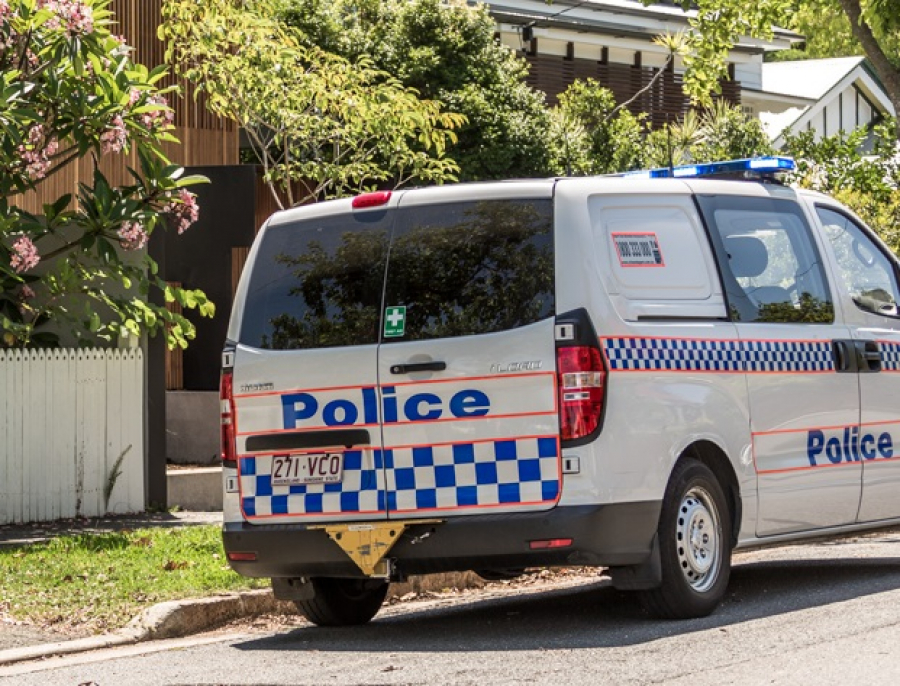Introduction
Queensland law creates numerous charges that are similar to, or related to, stealing. Fraud, forgery, computer hacking, and receiving tainted property are all examples of offences that are similar to stealing but do not require your actions to fall within the very strict definition of stealing. Another example of these kinds of offences is unlawful use or possession of a motor vehicle, aircraft, or vessel. This offence is created by section 408A of the Criminal Code 1899 (Qld). This section states:
A person who –
- (a) unlawfully uses any motor vehicle, aircraft or vessel without the consent of the person in lawful possession thereof; or
- (b) has in the person’s possession any motor vehicle, aircraft or vessel without the consent of the person in lawful possession thereof with intent to deprive the owner or person in lawful possession thereof of the use and possession thereof either temporarily or permanently;
is guilty of a crime and liable to imprisonment for 7 years.
This article provides an overview of this offence and gives some examples of the various circumstances which may cause you to be charged with this offence. For simplicity’s sake, this article assumes that the thing unlawfully used or possessed is a car; however, keep in mind that everything said applies equally to any other type of motor vehicle, aircraft or vessels (ie, boats, etc).
Consent, Use, and Possession
The first thing to notice about this offence is that both paragraphs refer to you using and/or possessing a car without “consent”. It is important to understand that this is a question of fact only. It is irrelevant whether you knew that the owner and/or “person in lawful possession” did not give you their consent. On the other hand, if you genuinely (but mistakenly) thought that you did have their consent, then you may be able to raise the defence of mistake of fact. However, you must hold that belief honestly and reasonably.
The “use” to which the first paragraph refers is much broader than driving or operating the car. For this reason, you can be guilty of this offence even if you are merely a passenger and even if someone else took the car. In these circumstances, the elements of the offence are made out: you “used” the car (by riding in it as a passenger) and did so without the consent of the “person in lawful possession”. Again, it is irrelevant whether you knew that the person in lawful possession did not give their consent.
Another example: suppose you borrow someone’s car for a specific purpose, such as listening to the radio or charging your phone with the USB port. Instead, you drive the car. In that case, your “use” of the car will have been without the consent of the person in lawful possession, and you may be guilty of this offence.
The word “possession” has a precise, technical meaning defined by section 1 of the Criminal Code 1899 (Qld). Specifically, this definition includes “having under control in any place whatever”. Thus you do not need to be actually be located inside the car to be guilty of this offence. You need only to have the car under your control. This may include circumstances where you have left the car in another location, such as storage shed, etc.
Furthermore, you may be guilty of this offence even if, at one stage, you were lawfully using or possessing the car. For example, if you rent a car but do not return it by the expiration of the rental period, your continued possession of the car becomes unlawful. Alternatively, suppose you are provided with a company car that requires you to return the car to your employer’s business premises at the end of your shift. You may be charged with unlawful use or possession of the company car if you drive it home instead.
Who is the “Person in Lawful Possession”?
Both paragraphs of section 408A refer to the “person in lawful possession”. The second paragraph also refers to the “true owner”, suggesting that these phrases are not referring to the same thing. Indeed, they are not. As already discussed, “possession” connotes having under control. Thus the person in lawful possession is the person who has a lawful right to immediate, physical possession of the car. This is not necessarily the same as the owner. For example, the lessee of a rental agreement is the person in lawful possession, even though the car remains the property of the rental company. Alternatively, the adult or adolescent child whose parent bought them a car is the person in lawful possession, even though the parent may be the registered owner of the car.
Aggravating Circumstances
In addition to the above, section 408A spells out certain circumstances which, if they apply to you, means that you will be liable to a harsher penalty. Specifically, if you use a car (or even intend to) to commit another, serious, criminal offence, the maximum penalty increases from 7 years’ imprisonment to 10 years’ imprisonment.
Similarly, if you unlawfully use or possess a car, then destroy, damage, remove, or otherwise interfere with any part of the car’s mechanics or equipment (or even intend to), then the maximum penalty increases to 12 years’ imprisonment.
Which Court will Deal with the Charge?
Generally, this offence is dealt with in the Magistrates Court of Queensland. In these cases, the Magistrates Court cannot sentence you to a penalty more than 3 years’ imprisonment. If the Magistrates Court forms the view that you ought to serve more than 3 years’ imprisonment, then it must send your matter to the District Court.
Furthermore, if the value of the car in question is worth more than $30,000 and you plead not guilty, then the charge is determined by a trial in front of a jury in the District Court. Similarly, if you are charged with the aggravating circumstance of destroying, etc the mechanism or equipment of the car, and the damage alleged is more than $30,000 and you plead not guilty, then you will be likewise tried in front of a jury in the District Court.
Conclusion
As you can see, the charge of use or possession of a motor vehicle, aircraft, or vessel is much broader than a charge of stealing. Consequently, the circumstances in which you may find yourself guilty of this offence are likewise broad. Because of this complexity, it is important to get expert legal advice, should you find yourself charged with this offence.
How do I get more information or engage Clarity Law to act for me?
If you want to engage us or just need further obligation free information or advice then you can either;
- Use our contact form and we will contact you by email or phone at a time that suits you
- Call us on 1300 952 255 seven days a week, 7am to 7pm
- Book a time for us to call you
- Email This email address is being protected from spambots. You need JavaScript enabled to view it.







